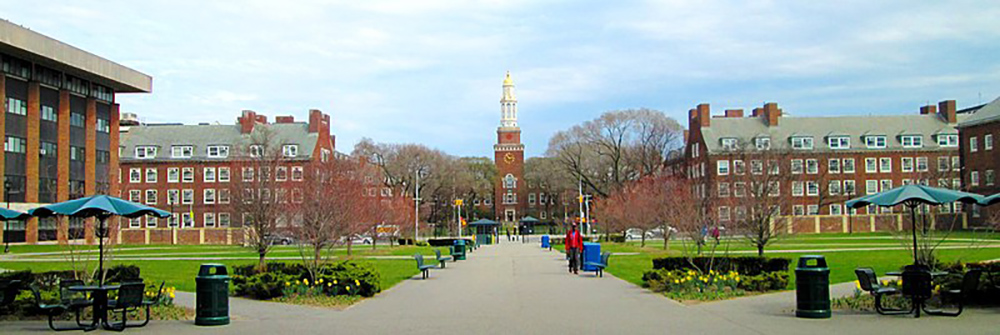|
Getting your Trinity Audio player ready...
|
By: Collin Binkley
When he looked to the future, Grayson Hart always saw a college degree. He was a good student at a good high school. He wanted to be an actor, or maybe a teacher. Growing up, he believed college was the only route to a good job, stability and a happy life.
The pandemic changed his mind.
A year after high school, Hart is directing a youth theater program in Jackson, Tennessee. He got into every college he applied to but turned them all down. Cost was a big factor, but a year of remote learning also gave him the time and confidence to forge his own path.
“There were a lot of us with the pandemic, we kind of had a do-it-yourself kind of attitude of like, ‘Oh — I can figure this out,’” he said. “Why do I want to put in all the money to get a piece of paper that really isn’t going to help with what I’m doing right now?”
Hart is among hundreds of thousands of young people who came of age during the pandemic but didn’t go to college. Many have turned to hourly jobs or careers that don’t require a degree, while others have been deterred by high tuition and the prospect of student debt.
What first looked like a pandemic blip has turned into a crisis. Nationwide, undergraduate college enrollment dropped 8% from 2019 to 2022, with declines even after returning to in-person classes, according to data from the National Student Clearinghouse. The slide in the college-going rate since 2018 is the steepest on record, according to the U.S. Bureau of Labor Statistics.
Economists say the impact could be dire.
At worst, it could signal a new generation with little faith in the value of a college degree. At minimum, it appears those who passed on college during the pandemic are opting out for good. Predictions that they would enroll after a year or two haven’t borne out.
Fewer college graduates could worsen labor shortages in fields from health care to information technology. For those who forgo college, it usually means lower lifetime earnings — 75% less compared with those who get bachelor’s degrees, according to Georgetown University’s Center on Education and the Workforce. And when the economy sours, those without degrees are more likely to lose jobs.
“It’s quite a dangerous proposition for the strength of our national economy,” said Zack Mabel, a Georgetown researcher.
In dozens of interviews with The Associated Press, educators, researchers and students described a generation jaded by education institutions. Largely left on their own amid remote learning, many took part-time jobs. Some felt they weren’t learning anything, and the idea of four more years of school, or even two, held little appeal.
At the same time, the nation’s student debt has soared. The issue has loomed large in the minds of young Americans as President Joe Biden pushes to cancel huge swaths of debt, an effort the Supreme Court appears poised to block.
As a kid, Hart dreamed of going to Penn State to study musical theater. His family encouraged college, and he went to a private Christian high school where it’s an expectation.
But when classes went online, he spent more time pursuing creative outlets. He felt a new sense of independence, and the stress of school faded.
“I was like, ‘OK, what’s this thing that’s not on my back constantly?’” Hart said. “I can do things that I can enjoy.”
(AP)





